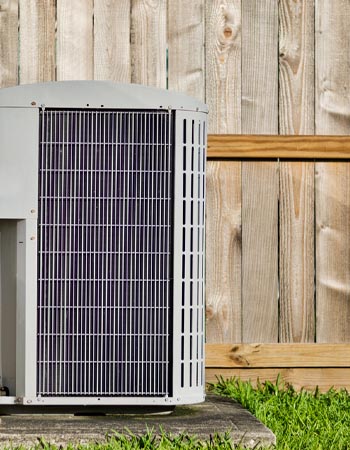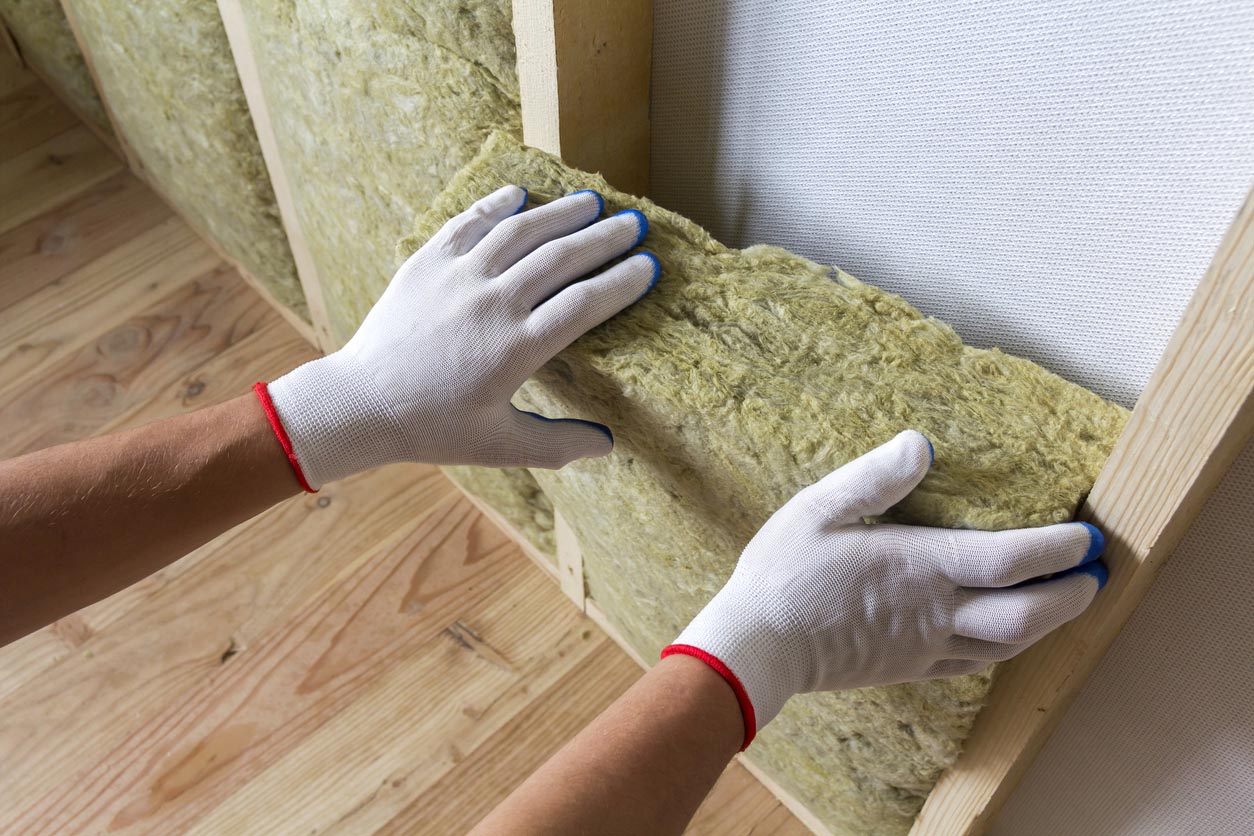

We may earn revenue from the products available on this page and participate in affiliate programs. Learn More ›
Q: I keep turning my heat up, but my house can’t seem to get warm. Why is my house so cold? Is something wrong with my heater, or is there a minor fix I can tackle myself?
A: Cold temperatures inside can put a damper on your day in no time. Suddenly, everyday tasks like doing the dishes or watching TV can become unbearable. When the thermostat reads warm but the air feels cold, a number of issues could be at play. Your house could be cold due to an old air filter, a faulty furnace, improper insulation, or leaky ductwork. The simple fixes, like replacing an air filter, are relatively easy to complete. However, if the heater itself needs repairs, it’s best to call in a professional to take a look and determine the problem. Below are five possible reasons why your home isn’t heating up like it should.
Ductwork may be leaky or not configured properly.

If your HVAC system uses ducting, proper ductwork is essential to keeping the inside of your home warm in the winter and cool in the summer. Signs that leaky ductwork may be the culprit are higher than usual energy bills, uneven heating throughout the home, and excess dust. Leaky or incorrectly configured ductwork results in an improper balance between the air coming into the home and the air being pushed out. If the positive and negative pressure is out of balance, it will be next to impossible to keep things warm inside. If your ductwork is the incorrect size, doesn’t take the necessary turns, or is located in the wrong place, it may need to be replaced. Leaky ductwork may need more than just duct tape to get it back in working order.
To make sure the ductwork is configured correctly, an HVAC technician will need to inspect it. They’ll mark any areas and repair them if necessary. An HVAC technician may also perform a Manual J load calculation. This test factors in the different aspects of the home, including square footage, position of the walls, and building materials, to determine how much heating or cooling power is needed in your home. Ductwork will only be effective if the HVAC unit is the proper size for the house, and if a too-small furnace has been installed, then it might call for a replacement.
You could have a faulty furnace, boiler, or heat pump.
If you have a room in your home that’s consistently cold, you may want to see if you have a faulty furnace, boiler, or heat pump, depending on which is in your house. Boilers work by using a fuel to heat water, which then flows through pipes and into radiators to heat a home. Furnaces produce heat from coils, and a motorized blower blows air across these coils. The coils heat the air, and the air is circulated throughout the home. Heat pumps transfer heat from one place to another to make a space cooler in the summer and warmer in the winter.
Depending on the heating element, there could be a multitude of reasons it’s failing. A furnace could be dirty, the pilot light on the boiler could be out, pipes could be frozen, or an air filter could be clogged. You can try to check for these issues yourself or contact an HVAC technician. An annual maintenance visit can help avoid major issues and unexpected failures, so it’s best to get in the habit of making maintenance appointments so you don’t end up without heat when you really need it.

The home has poor or insufficient insulation.
To keep a house warm, it’s imperative to have proper insulation to keep the cold air from entering inside. The insulation could be old, worn down, or not installed properly. Or, in an effort to save money, a previous owner could have installed insulation with an R-value (measure of insulation) that’s insufficient for the climate you live in. If you live in a more humid climate, moisture from the air could also have compromised the quality of the insulation. In these instances, you may need to replace the insulation in order for your home to maintain any warmth.
The home is too dry and needs more humidity.
Using your heater and a humidifier simultaneously can help add moisture to dry air, providing a feeling of more warmth without having to increase the temperature. Think about it like this: 90 degrees Fahrenheit in the humid southeastern U.S. is sweltering, but that same temperature can be much more tolerable in arid climates like the Southwest. Higher humidity can make somewhere feel warmer, even if the number on the thermometer doesn’t change.
Adding extra humidity can also be a help to your health. Since heaters dry out the air in a home, a humidifier can help reduce the dryness not only in the air but also in your skin, nose, and throat. You can use humidifiers for specific rooms or install a whole-house humidifier. Increasing the humidity in your home is a safe, simple way to eradicate the cold temperatures you’re feeling.

The filter is old and needs to be changed.
Air filters require cleaning or changing about every 90 days, so it is wise to take stock of what shape yours are in to determine if they are the cause of your cold house. If they’re clogged, it’s harder for the filters to trap debris and allergens in the air filtration system. Plus, heating and cooling systems will have a hard time pushing air through the ventilation pipes to keep the air nice and warm. Thankfully, air filters are typically much less expensive than repairs to HVAC units, so this is a fix that won’t break the bank.
